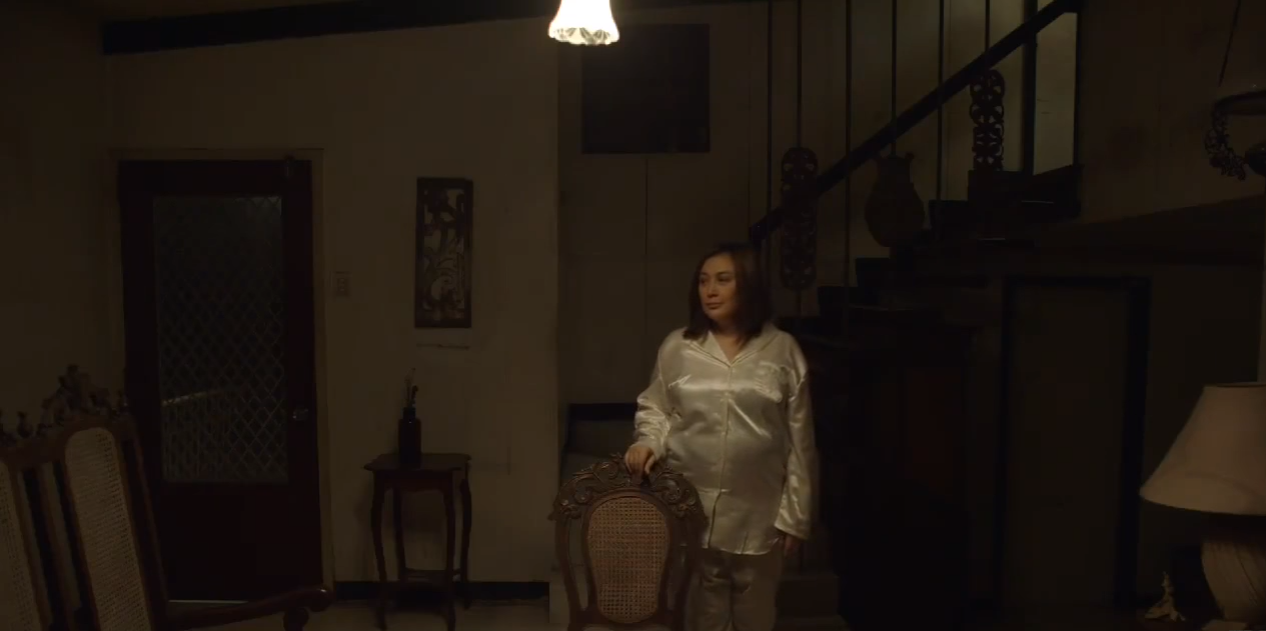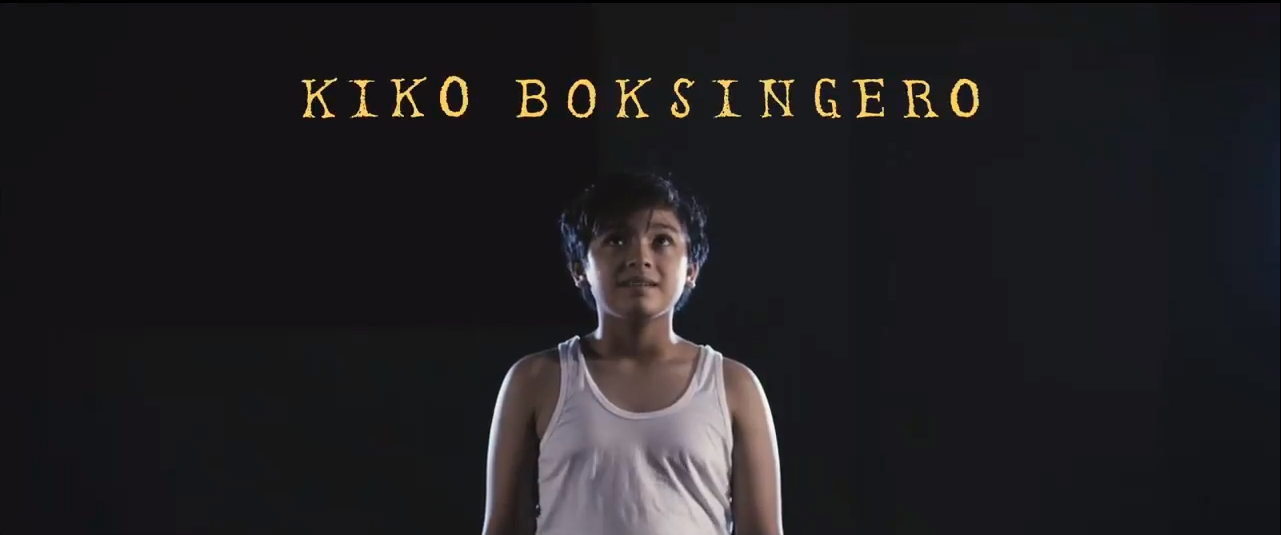This year’s roster of Cinemalaya independent films is again impressive, featuring a diverse set of directors, actors and narratives. With a larger number of “millennials” this year, the biggest independent film festival centers on the development of new norms for the “indie” scene. More mainstream actors took the helm, developing audience appreciation in the process.
Headlined by sought-after directors and rookies, this year’s theme of “seeing the bigger picture” was represented in an array of contrasting films. The Varsitarian rounds up the eight films in a three-part review.
“Baconaua”

Joseph Laban’s film features the Bakunawa, a mythological sea serpent that causes an eclipse.
The film opens in a small Marinduque fishing village. With their father gone in the sea for 90 days, Divina (Elora Espano), Dian (Therese Malvar) and Dino (JM Salvado) decide if they need to proceed with their father’s death rites.
Cinematographer TM Malones dims the colors of the film, which unfortunately clouds some of the scenes, especially the nocturnal segments. It overlays the face of the actors, making it hard to see their emotions.
A cast member of last year’s “Seklusyon” by Erik Matti, Espano again proves her acting skills as the elder sister, despite the rather unforgiving cinematography.
“Baconaua” tackles issues such as drugs, death, and love and life choices, amid the country’s divisive political climate.
“Ang Pamilyang Hindi Lumuluha”

Mes de Guzman’s “Ang Pamilyang Hindi Lumuluha” has a mix of lighthearted entertainment and drama.
The plot revolves around the search for folklore about “the family that does not weep” and the effort to reunite the family of Cora de la Cruz (Sharon Cuneta).
After Cora hires Bebang (Moi Marcampo) as her house help to accompany her in her lonely home, the movie is suddenly filled with laughter.
One night, when Cora invites Bebang for a drink, she discovers that Bebang’s Tiong Biboy (Nino Mulach) has a knack for finding missing persons. This revelation sparks Cora’s hope in finding “the family that does not weep.”
“Megastar” Cuneta’s unfading talent on screen and Marcampo’s humor covers the flaws of the movie such as lack of character development, movie structure and connections in some of the scenes.
“Kiko Boksingero”

Thop Nazareno’s “Kiko Boksingero” narrates the story of an orphaned kid, Kiko (Noel Comia Jr.) after the death of his mother.
Diday (Yayo Aguila), Kiko’s nanny, tries to conceal the void Kiko’s mother and his estranged father left, but fails because Kiko is looking for his biological parent’s love.
Kiko’s longing radiates when he visits his father’s old apartment to train daily with his boxing equipment, and when his father, George (Yul Servo) returns.
Miguel Reyes’ wide angles complement the mountain views of Baguio City.
Comia’s acting skills is the surprise of the film. He executes Kiko’s shy and charming personality infallibly. Pepe Manikan’s choice of sound effects reflects the overall emotion of joy and sadness of the film.
The slow unfolding of the plot helps in processing the characters’ development, giving the audience a moderate pace of contemplation.
Nazareno allows the audience to savor the slice-of-life genre, a trademark of Cinemalaya films.













